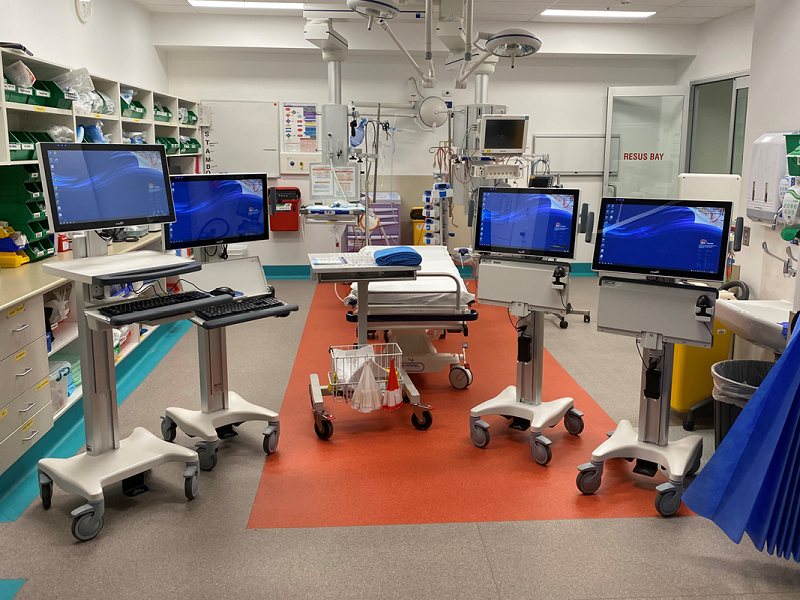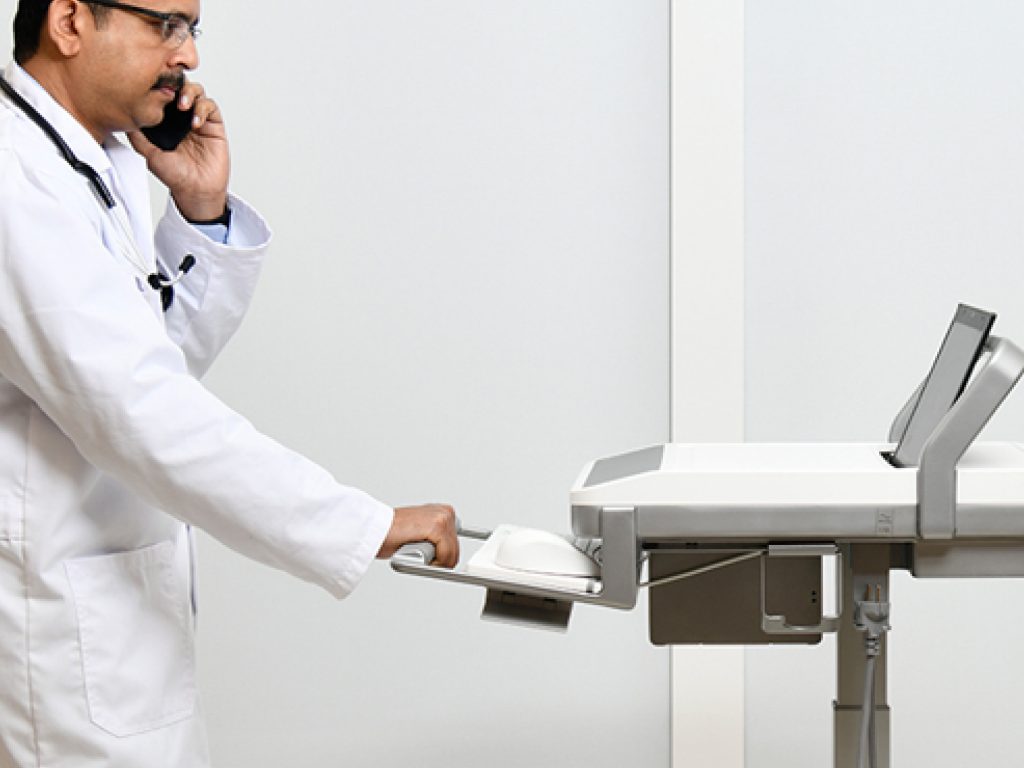In recent years, the healthcare industry has witnessed significant advancements in medical cart technology. These innovations have revolutionised the way medical professionals operate, enhancing efficiency, and ultimately improving patient care. In addition to exploring the various benefits, it’s crucial to acknowledge that alongside the advancements in medical cart technology, healthcare professionals should stay receptive to the potential for ongoing fine-tuning and optimisation.
Enhancing Efficiency
One of the primary benefits of advanced medical cart technology is the significant boost in efficiency it offers to healthcare providers. These modern carts are equipped with state-of-the-art features such as electronic medical record (EMR) integration, barcode scanning, and automatic medication dispensing systems. By streamlining these processes, medical professionals can save time, reduce errors, and focus more on direct patient care.
Improved Mobility and Accessibility
Gone are the days when healthcare professionals were tied down to stationary workstations. With the advent of mobile medical carts, doctors, nurses, and other medical staff can now access patient information and medical supplies on the go. These carts are designed to be lightweight, ergonomic, and equipped with adjustable features, allowing for easy manoeuvrability within healthcare facilities. This enhanced mobility ensures that medical professionals have immediate access to vital information and supplies, ultimately leading to better patient care.
Wireless Connectivity and Data Sharing
Modern medical carts come equipped with wireless connectivity, enabling seamless data sharing among carts, central databases, and other medical devices. This connectivity fosters real-time communication and data transfer, ultimately enhancing patient care and operational efficiency. The benefits of wireless connectivity include remote monitoring, allowing healthcare providers to access patient data and vital signs remotely for informed decision-making. Furthermore, efficient resource allocation is facilitated through wireless asset tracking, ensuring the availability of medical equipment and supplies. Timely communication among caregivers promotes swift decision-making and improved patient outcomes, exemplifying the transformative potential of wireless technology in medical settings.
Enhanced Safety Measures
Advanced medical carts are designed with patient safety in mind. They are equipped with features such as secure storage compartments, tamper-evident seals, and built-in locking mechanisms. These security measures help prevent medication errors, reduce the risk of theft, and ensure the integrity of medical supplies. Additionally, some carts are equipped with antimicrobial surfaces, further minimising the risk of infection transmission between patients and healthcare providers.
Integration of Cutting-Edge Technology
The advancements in medical cart technology have paved the way for the integration of cutting-edge technologies. For instance, some carts now come with built-in telehealth capabilities, allowing healthcare professionals to provide remote consultations and monitor patients’ vital signs. This integration of technology not only improves patient care but also enables healthcare providers to reach patients in remote areas and underserved communities.
Data Security
Nonetheless, the swift embrace of telemedicine has sparked apprehensions regarding privacy and security. As patient data proliferates online, the vulnerability to data breaches and cyber assaults escalates. To counter these concerns, healthcare institutions must adopt a pre-emptive stance on cybersecurity and ascertain the security and conformity of their telemedicine offerings with data protection protocols.
The advancements in medical cart technology have undoubtedly revolutionised the healthcare industry, improved efficiency, and enhanced patient care. These modern carts offer healthcare professionals the mobility, accessibility, and safety measures necessary to provide top-quality medical services. Nonetheless, healthcare facilities must carefully appraise their individual needs and select the cart that best suits their specific requirements. By doing so, healthcare facilities can make informed decisions that will benefit both healthcare providers and patients alike.
August 24 2023



